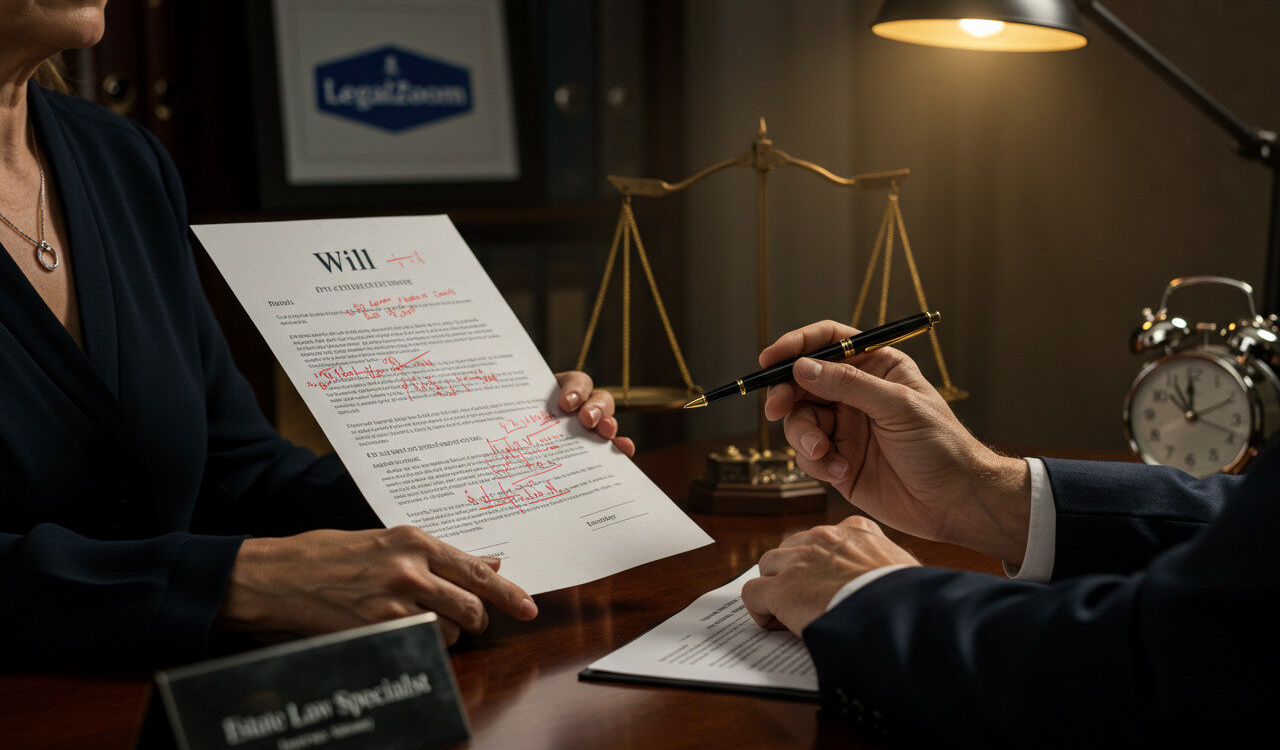Probate and Will Contests in the United States
Probate is the court-supervised process used to authenticate a will and manage estate distribution. It confirms the executor, ensures debts and taxes are paid, and facilitates the legal transfer of assets.
If a will doesn’t name an executor, the court appoints one to handle these responsibilities.
Why People Contest Wills After Probate
Most disputes occur before probate ends, but some arise later due to
- Suspicion of coercion or fraud
- Late changes to the will
- New evidence or documents appearing post-probate
Once a will is probated, it’s presumed valid. Overcoming that presumption requires clear, compelling proof and prompt action.
Common Grounds for Contesting a Will After Probate
Lack of Testamentary Capacity
A valid will must be made by someone mentally competent—capable of understanding their assets and heirs. Challenges often rely on
- Medical documentation
- Psychiatric assessments
- Witness accounts from friends, family, or caregivers
Undue Influence or Fraud
Undue influence involves manipulation that overrides the testator’s free will. This is especially scrutinized in cases involving
- Caregivers or close companions
- Isolated individuals
- Long-term advisors
Fraud may involve fake signatures, forged documents, or misrepresentations. Proving these claims typically involves
- Written communication
- Eyewitness accounts
- Expert testimony
Who Can Contest a Will
Eligible Family Members and Beneficiaries
Only interested parties can file a legal challenge. These include:
- Individuals named in the will
- Heirs under local succession laws
- Anyone financially impacted by the outcome
Legal Standing Requirements
The court requires challengers to demonstrate how the will affects them financially. A formal petition must include:
- Relationship to the deceased
- Financial interest in the estate
- Justification for the challenge
This screening ensures that only credible claims are considered.
How to Start Contesting a Will After Probate
What You’ll Need to Get Started
Preparation should include:
- The current and prior versions of the will
- Legal documents showing your interest
- Correspondence, medical reports, or other supporting records
Hiring a probate attorney can help meet all legal and procedural requirements.
Process for Contesting a Will
Step 1: Gathering Evidence and Documentation
Important documents and records may include:
- All existing versions of the will
- Medical evaluations
- Affidavits or statements from witnesses
Legal consultation is vital at this point to assess case strength.
Step 2: Filing a Legal Challenge with the Probate Court
File a formal petition with:
- Legal arguments and justification
- Complete supporting documentation
Deadlines differ by state, commonly three to six months post-probate. Acting within the allowed timeframe is critical.
Frequently Asked Questions
Can you challenge a will after the estate is distributed
Yes, but it’s more complicated. You must prove legal wrongdoing like fraud or incapacity and meet state deadlines.
How long do you have to contest a will after probate
Most states allow three to six months from the date probate is granted. Check with a probate attorney for jurisdiction-specific deadlines.
What happens if your will contest is unsuccessful
You could lose the right to appeal and may be ordered to cover legal costs. Courts often penalize frivolous or unsupported claims.
Do you need a lawyer to contest a will after probate
It’s not legally required, but having a lawyer significantly increases your chances. Legal professionals can manage filings, deadlines, and courtroom procedures effectively.
Top Takeaways
- A will can be contested post-probate under specific conditions
- Common grounds include undue influence, mental incapacity, and fraud
- Only interested parties can file a legal challenge
- Evidence and prompt legal action are crucial
- Legal assistance improves success odds
Written by Emily Birken Updated by Albert Fang
Source Citation References:
+ Inspo
There are no additional citations or references to note for this article at this time.
